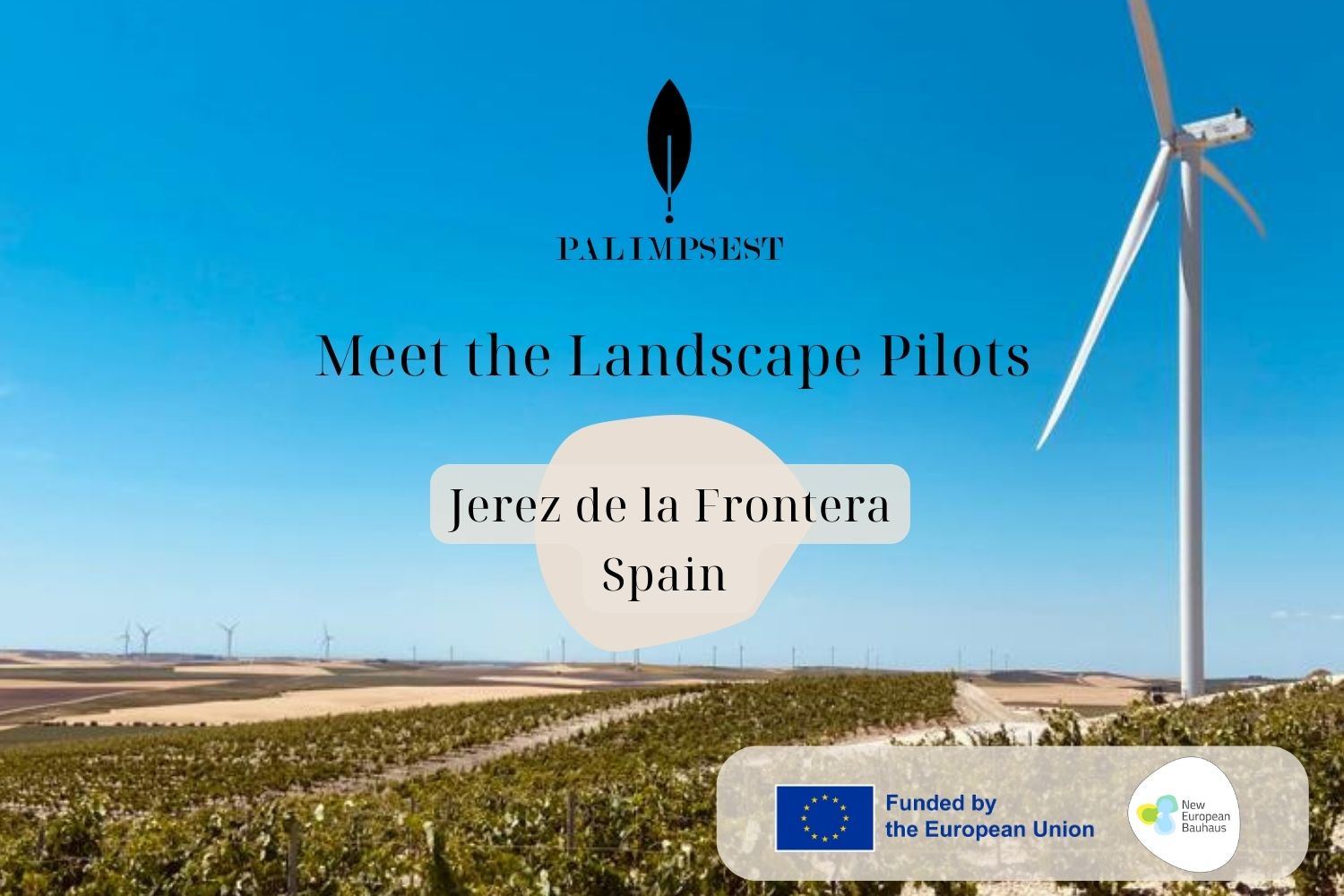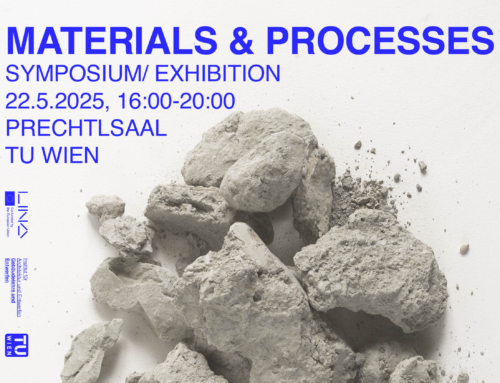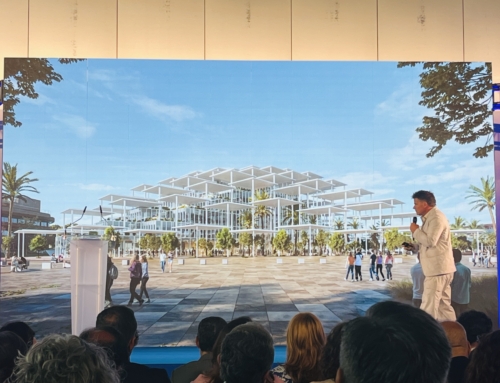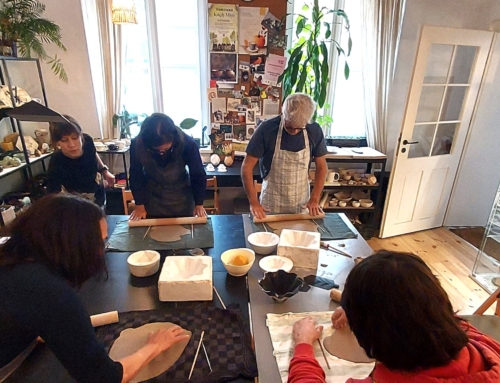
Jerez: Creative Practices in dialogue with tradition and innovation
Announcement of the 1st Residential Workshop
Jerez de la Frontera in Andalusia, Spain, is a city steeped in history and tradition. It is renowned for its exceptional wines, elegant horses, lush countryside, and flamenco art, recognized by UNESCO as intangible cultural heritage. Jerez boasts a diverse and ever-evolving landscape, whose most recent transformations are related to climate change and energy transition policies promoting windmills and photovoltaic plants. While some see these elements as landscape evolution, others view them as a threat to heritage due to external investments lacking local ties, leading to conflicts over land use, economic activities, and perceptions.
The people of Jerez maintain strong connections to their rural surroundings, shaping the city’s society and economy through rural-urban interactions. These linkages can still be glimpsed in the coexistence of gipsies and non-gipsies in former practices like “gañanías” but also in many of Jerez’s most vivid cultural expressions, which reflect the diverse and all-encompassing society of Jerez. Preserving its past, supporting its present and embracing its future, the singular cultural and creative elements of Jerez stand as valuable assets for a sustainable future where tradition and modernity coexist.
The PALIMPSEST project looks for ideas that facilitate dialogue among different practices, communities and mindsets to co-create a sustainable future landscape in Jerez. Through an Open Call, the project invited Creative Agents (artists, landscape architects, and designers) to elaborate and develop creative proposals that (re)define traditional local practices towards a sustainable future for the local ecosystem.
The proposal “The Songs of Nearby Earth” by Estelle Jullian (Culturama) was selected in Jerez and a Residential Workshop is scheduled for 2nd-9th April 2024. “The Songs of Nearby Earth” project aims to approach the territory and landscape of Jerez through artistic and design practices integrating popular knowledge, landscape practices, local cultural expressions and emblematic elements such as ceramics, viticulture and flamenco. Inspired by the ritual of the zambombas, this project seeks to open spaces for reflection and landscape transformation. It promotes creative actions that use local materials (clay, vines, glaze from pruning wastes,…), refers to local practices, adopts a context-sensitive approach and works hand in hand with the local communities and their cultural expressions, exploring new trends in their relation with the landscape and the on-going energy transition.
During the Residential Workshop, the artist, along with PALIMPSEST partners and local stakeholders, will have the opportunity to immerse themselves (and root the initial concept) in the context and challenge. Estelle and the rest of the PALIMPSEST team will elaborate further the initial proposal, also interacting with the local actors and practises the project builds from. For example, they will collaborate and network with local ceramic artisans, environmental activists, flamenco experts and Zambomba practitioners. Also, they will initiate experiments with local materials and practices that will support the re-conceptualization of the initial proposal so it better responds to the local challenges and needs.
Stay tuned to our social media channels to watch the Residential Workshop’s activities and follow the project’s progress!
Published on: March 28, 2024






